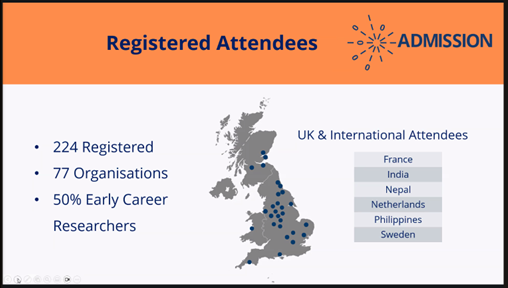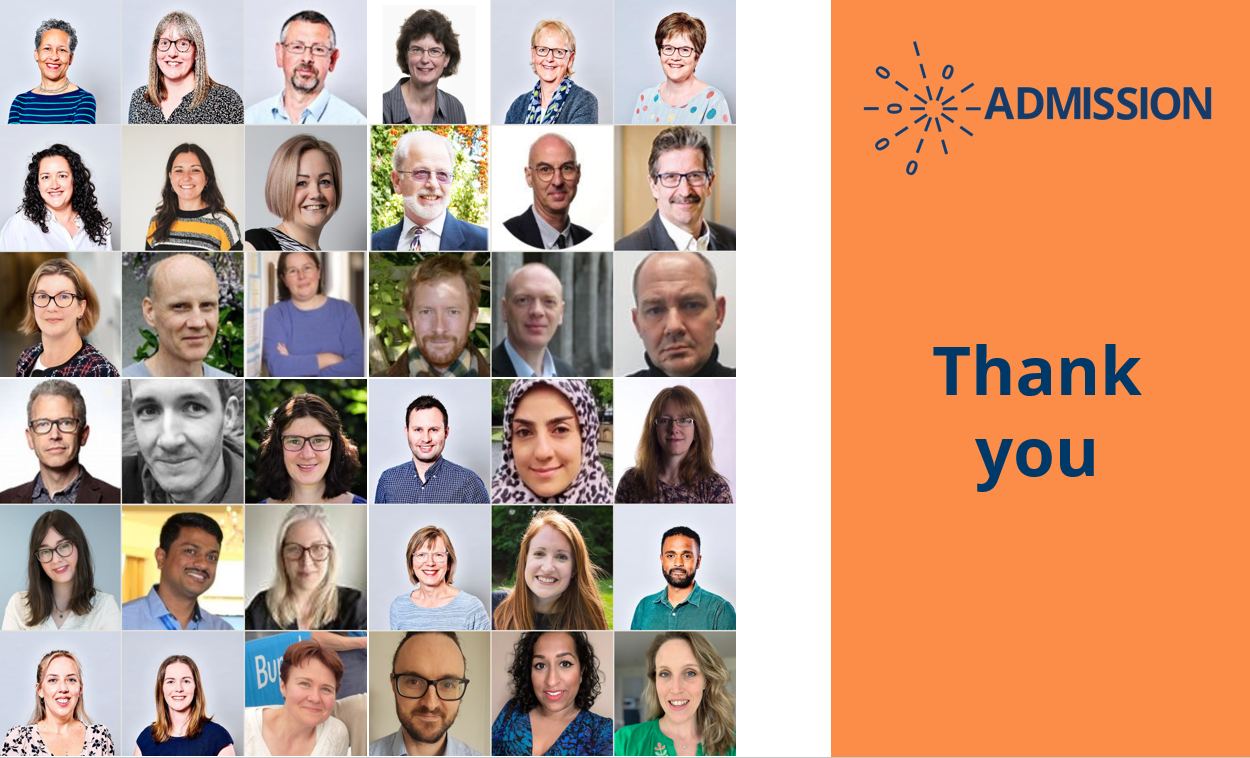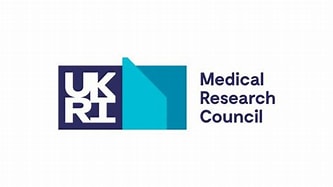News
UK MLTC Symposium 2025: Transforming understanding of MLTC in hospital
The number of people living with multiple long-term conditions (MLTC, also known as multimorbidity) is increasing. This matters because MLTC is associated with a range of adverse health outcomes including reduced quality of life and life expectancy, as well as increased use of healthcare. It also presents challenges for hospitals as secondary care is currently typically designed around the diagnosis and treatment of single conditions.
Held on 19th June 2025, this year’s UK MLTC Symposium showcased and disseminated key findings from the ADMISSION Research Collaborative; one of the six collaboratives funded via UKRI-NIHR’s strategic priority fund ‘tackling multimorbidity at scale’ (2021-2025).
ADMISSION has focussed on bringing together an interdisciplinary team to address the limited understanding of MLTC in the hospital setting. This has involved interrogating patterns of MLTC among people admitted to hospital, investigating risk factors and mechanisms, and exploring lived experience and pathways of care. This diversity of research was reflected in the Symposium’s programme which included talks from all the ADMISSION work package leads as well as some of its early career researchers.

The symposium also provided an excellent opportunity to highlight the important role of Patient and Public Involvement (PPI) in delivering impact, as PPI has been embedded within ADMISSION from design to dissemination.
Another key aim of the Symposium was to strengthen connections across the MLTC research community and so it was great to hear from Professor Nick Reynolds who presented key findings from AI-MULTIPLY, one of the research programmes funded via NIHR’s AI for MLTC (AIM) call. With over 100 researchers, clinicians, policymakers, and people with lived experience from across the UK and beyond attending, it offered a great opportunity for meaningful cross-discipline dialogue and to explore next steps towards maximising impact. A core focus was driving actionable insights and delivering the knowledge needed to transform NHS care for people living with MLTC.

The ADMISSION team would like to express their thanks to all presenters and attendees for their active engagement in the symposium. That the majority of attendees thought the event was excellent and 98% want a similar event to be held next year is heartening and demonstrates that the MLTC research community is keen to share knowledge and build a collaborative, patient-informed research environment that delivers meaningful change for all those living with MLTC.
Last modified: Tue, 01 Jul 2025 08:10:02 BST







